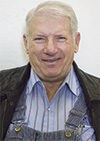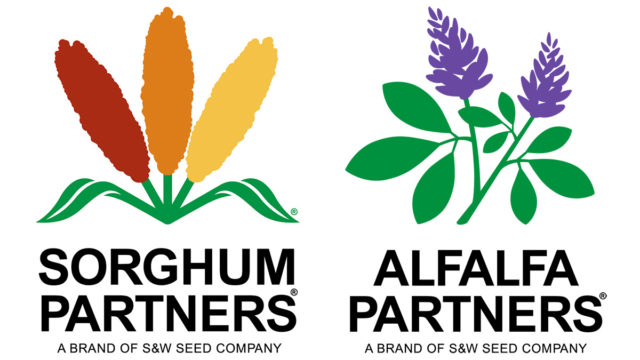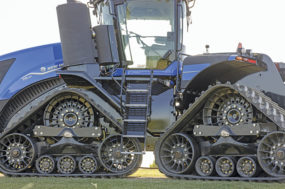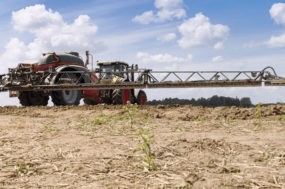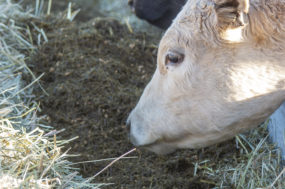The other day, he asked how to cook bacon. As I contemplated an answer, I realized that I was going to have to start hiding my stash of bacon.
The rest of the household chimed in with suggestions of baking it in the oven or microwaving it. I told him to lay it out in a frying pan single-layer at medium heat, and if it splattered, the heat was too high.
“How do I tell when it’s done?” was his next question. “That depends on how crisp you want it,” I replied.
Just this evening, he was asking how to cook himself a hamburger using my George Foreman grill. My instructions included how to wipe down the cooking surfaces with a wet paper towel after using it and while it was still hot.
The boy was asking questions because he needed to know how to do something.
The term “need to know” usually refers to the boss keeping sensitive information to himself unless his people have to have it to function correctly. In the situation with my grandson and cooking, he “needed to know” how to cook things since he was going to be eating what he cooked. When that direction was given, we had his undivided attention.
Consider the following scenarios:
Q. “What’s the combination to the lock on your gasoline pump?” (Asked by a friend of your neighbor’s son, who is working for you all afternoon for a tank of gas.)
A. “You don’t need to know. When you are finished, I’ll fill your tank for you.”
Q. “What’s your daughter’s cell phone number?” (Asked by someone you would really like to get to know your daughter better.)
A. “Here’s the number. You’ll do better if she doesn’t know I gave this to you.”
Q. “How accurate is the moisture meter on this baler?” (Asked by a fellow you hired to bale hay for you while you deal with an emergency on the other side of the county.)
A. (The fact that he asked the question shows he knows something about baling hay.) You tell him exactly how accurate you have found the moisture meter to be and then find out his intentions as to how dry and how wet he intends to bale your hay.
There are times when you watch a figurative train wreck happen, and you know how to prevent it and cannot do a thing about it but watch it happen.
The best condition for information to change hands is when the one receiving that information realizes that he or she needs it. All too often, pertinent information will only be received after something bad happens.
Before that, the attitude will have been, “Don’t tell me what to do or how to do things.”
All hay starts out as premium or supreme quality. Some of the train wrecks I have observed putting up hay include:
- Waiting to harvest the hay until it is too mature to have the finished product test well.
- Knocking the leaves off and filling the windrow with dirt with the hay rakes. Rakes correctly set never touch the soil. Moisture while raking hay is as important as it is when baling hay.
- Baling hay so dry that it shatters the leaves and leaves them in the field, and baling with too much moisture so the hay tobaccos or molds in the bale, or worse, starts the haystack on fire.
All of the above will convert super-premium hay into feeder hay.
I once observed an experienced, older hay grower try to share knowledge with a teenager. The hay they were baling had not been raked.
He explained to the young man that if he could choose the windrows he baled so that his baler was going the same direction the swather had gone when it cut the hay, that it would feed into the baler easier.
When the old fellow was out of earshot, the teenager looked at me and asked, “Why does it matter to that old man which way I run the baler?”
I told him that it didn’t matter. The old man, I explained, was just trying to do him a favor and make his job a little easier. He was passing on information the youngster didn’t know he needed to know. FG
